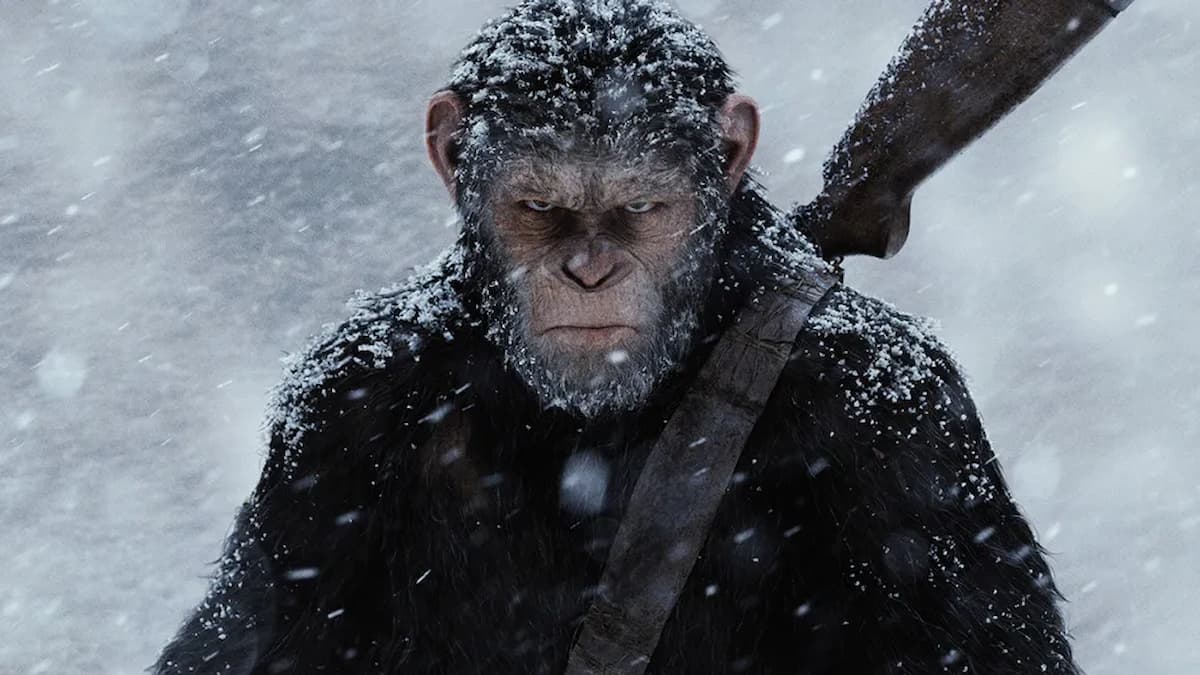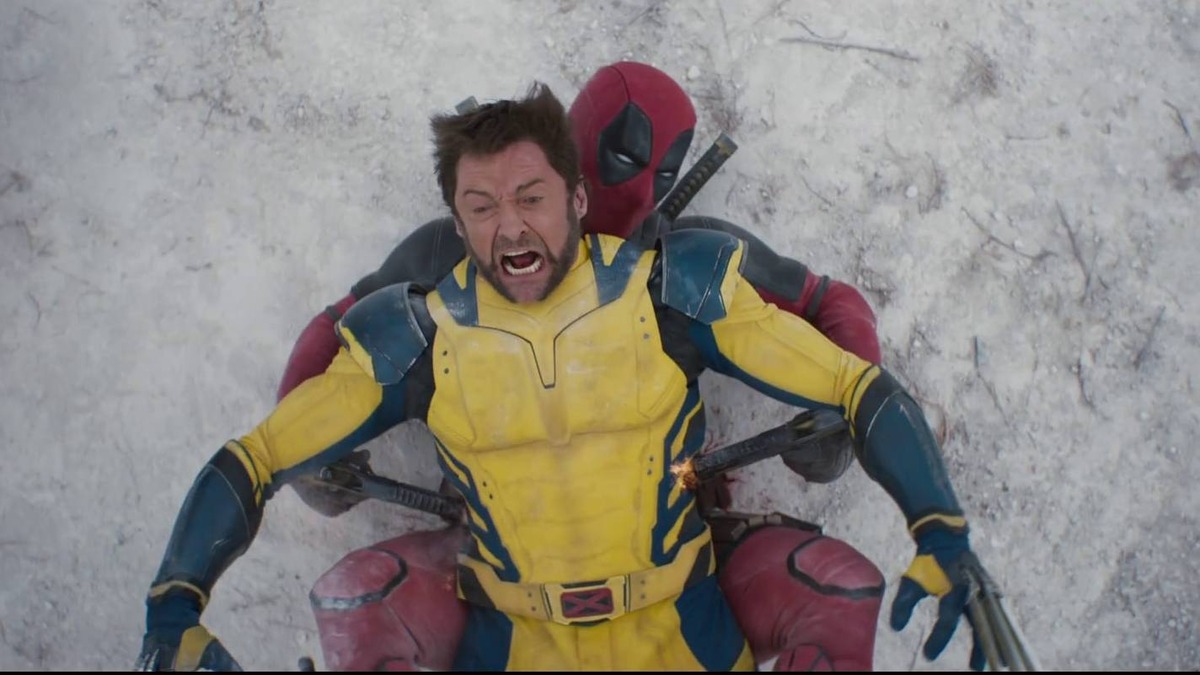
Some weird stuff happens when you’re asleep. Just about everyone can attest to that, whether they just half-remember an unusual dream or they’re susceptible to sleepwalking. But The Nightmare points out that for some people, there’s something bad waiting for them in the dark when they go to sleep. A horrible force that makes them fear the very act of lying down to rest.
The unusual nature of sleep paralysis is the subject of this documentary, and as for the movie itself, it’s an unusual way to address the topic. The Nightmare, in essence, is a horror documentary, set-up like a horror movie, shot like a horror movie and delivered like a horror movie. It’s perhaps the most based on a true story “based on a true story” horror ever made.
If The Nightmare breaks the documentary mode, it should be unsurprising, as it comes from Rodney Ascher. Ascher made Room 237 a couple of years ago, an exhaustive movie about the supposed true plot and intentions of Stanley Kubrick’s The Shining. Room 237 was a purely visual exercise where the assorted conspiracy theorists are only heard and not seen, as clips from The Shining and other B-roll tells illustrates their points visually. The entire affair is like a lucid dream, as each of the theories start to float in and out of each other; one minute Kubrick confessed to faking the moon landing, the next he’s commenting on the extermination of the Native Americans, and so on.
Perhaps that’s why Ascher now turns his lens to the further investigation of dreams, although in a more literal capacity. The director focuses on eight people from across the United States and Britain. Each of them has experienced something in the middle of the night, something frightening and nearly unexplainable. But despite the distances, ages and backgrounds between the eight, they all describe something remarkably similar: the feeling of being awake but unable to move, a mysterious presence, and a feeling of dread. What on Earth could this possibly be?
The obvious answer is sleep paralysis, a condition where in you wake-up suddenly in the middle of your sleep cycle but are unable to move because of a chemical released by your brain to keep you paralyzed so that you don’t act out your dreams. The rest is the psychological effect of that sudden feeling of being trapped. One would think then that each experience would be as unique as the sleeper, but if that’s the case, then why do these eight people basically describe the same, repeated experiences in such vivid detail?
Ascher dramatizes the waking nightmares of his eight subjects as they narrate usually from dark corners with foreboding lighting. It may not be a state of the art Hollywood effort, but Ascher has up his sleeve enough camera tricks, practical effects and sound work to effectively make his documentary a horror movie. The visions of so-called “shadow men,” human-like creatures seemingly made of shadows, are well-realized bad guys that are spooky and mysterious, but not so vividly portrayed as to leave you traumatized. It’s a good job because a good horror movie depends on a good villain, and the shadow men could likely carry a whole series of slasher movies if given half a chance.
Like Room 237, the actual filmmaking technique sometimes draws attention to itself. There are times that we see Ascher in a mirror as he interviews people, and there’s a steady cam shots where he follow the shadow men actors from one set to the other to taunt the various players. Ascher also likes to go full-on Brian De Palma with some of his shots, recording the witness testimony of his eight subjects at oblique angles that sometimes seem weird for weird’s sake. Perhaps the director felt as though he had to punch up the emotion, but he underestimates the power of his own material, and how much the audience will buy for less.
In another unique aspect of the film, but one in keeping with the mood he’s trying to establish, Ascher doesn’t really seek out to give a rational, scientifically tested explanation to what happened to The Nightmare’s cast of eight. There’s certainly insight and ideas in terms of what it all means, some of it feeling like it’s being read from the textbook, but apropos to the film, the best explanations are left to the imagination of the viewer to decide what’s happening and how best to describe it. The result is that the film is rather nebulous about what it’s trying to say: are these people all experiencing a quantifiable medical condition, or are they all living in their own personal versions of A Nightmare on Elm Street?
Of course, you can hardly expect the work of a guy who made Room 237 to not take a trip through the intersection where real life and pop culture meet. Freddy Krueger is referenced, as is the Christopher Walken alien abduction film Communion, as examples from the culture that play upon the reports and experiences of those suffering from sleep paralysis. The Nightmare wants to reach for something that suggests a collectivity in these experiences, that it’s something we all unconsciously share and that’s why it even turns up in the culture, like how some sleep paralysis sufferers claim to be able to pass the condition along to others like a virus just by talking about. That’s interesting, but to borrow a phrase sometimes attributed to Freud, sometimes a cigar is just a cigar.
But that doesn’t mean that The Nightmare isn’t effective at its main task, which is to scare you into being convinced that there’s more to the story than a reasonable scientific explanation regarding what these people are suffering from. Ascher accomplishes exactly what he sets out to do, which is to scare first, and inform somewhere around fourth and fifth, and its surprisingly effective in its prime directive. I can’t say that the film breaks new ground, but it definitely bends what’s conventionally thought of as possible with a documentary. Plus, and this is very likely, it will give you a good reason to not want to sleep.






